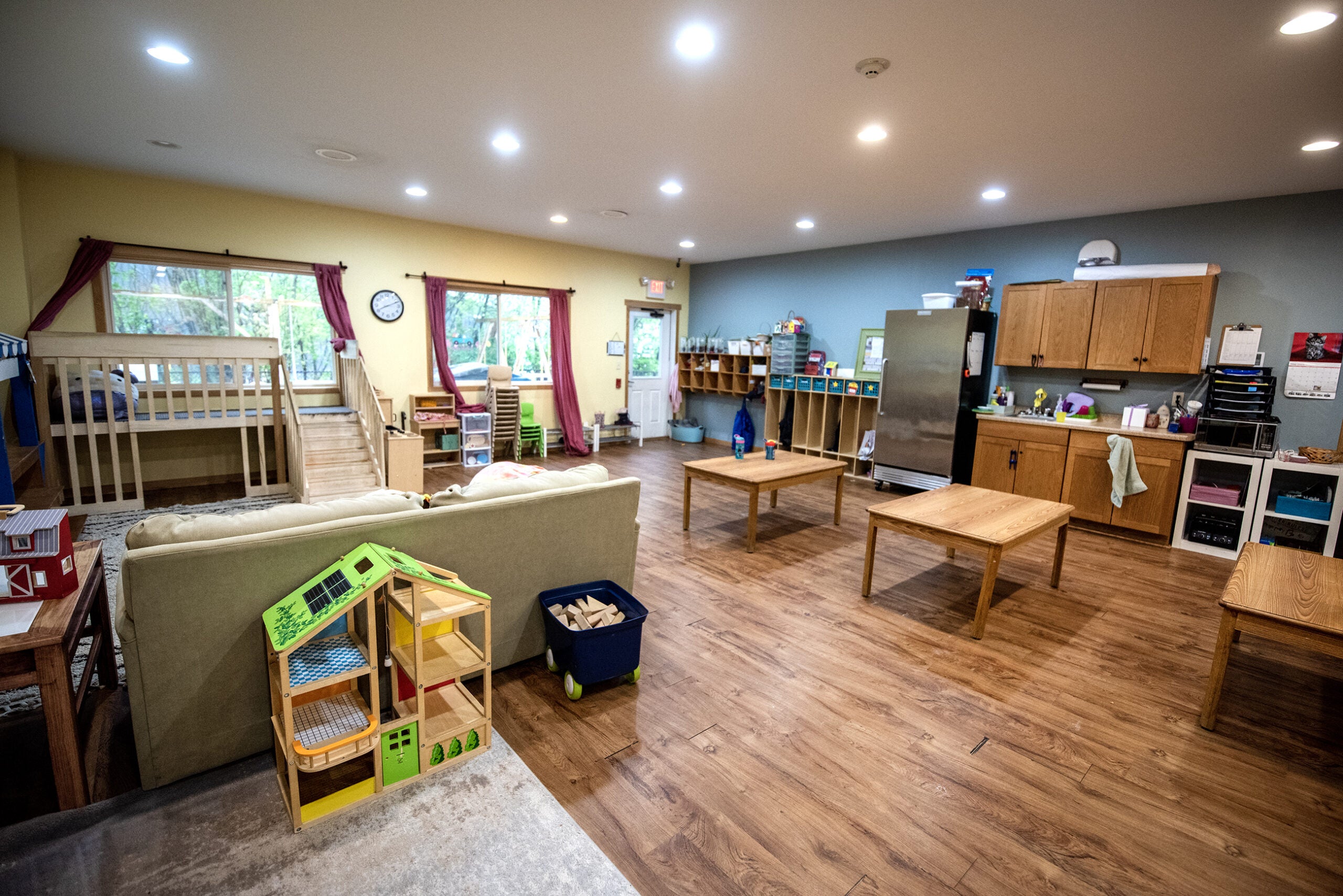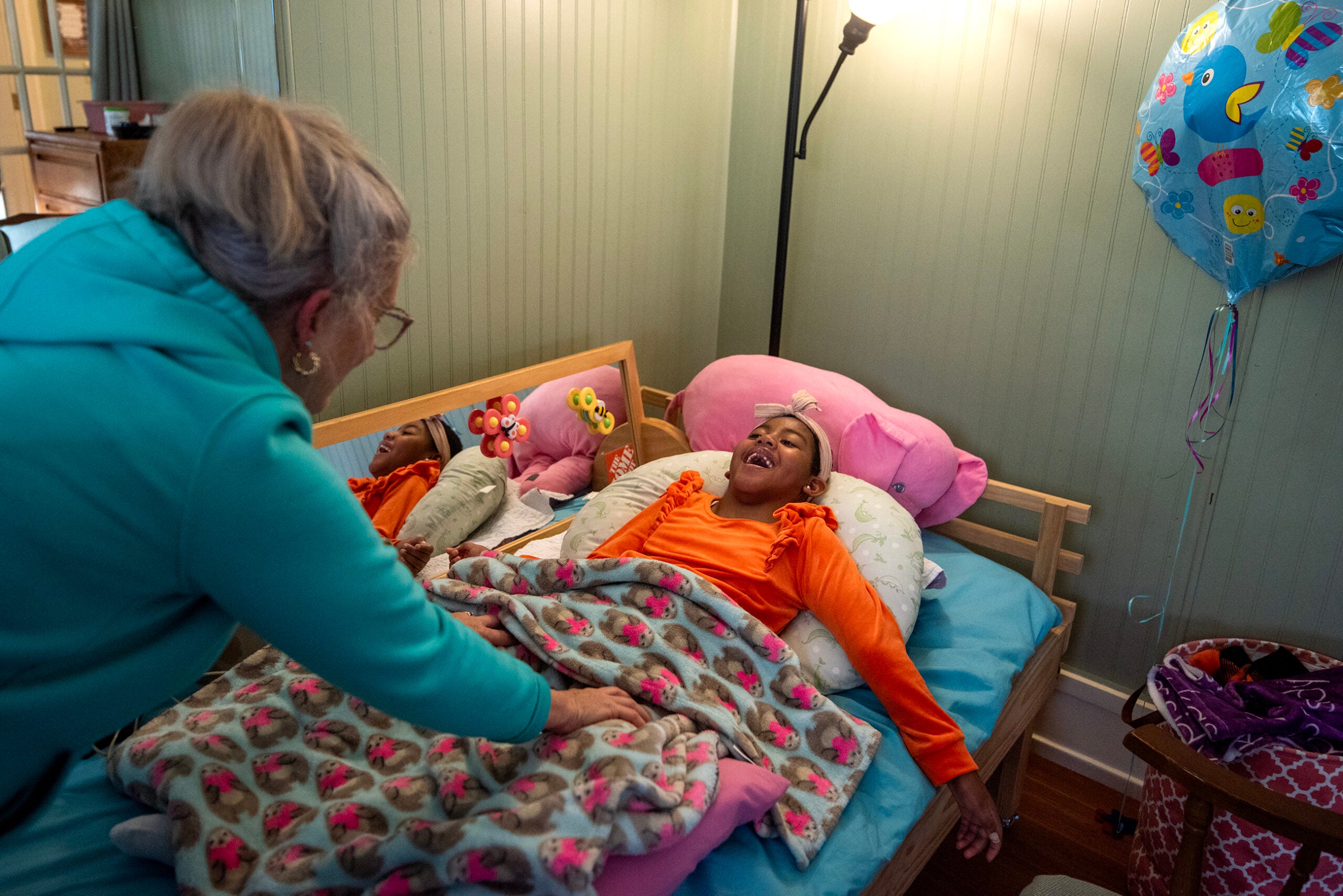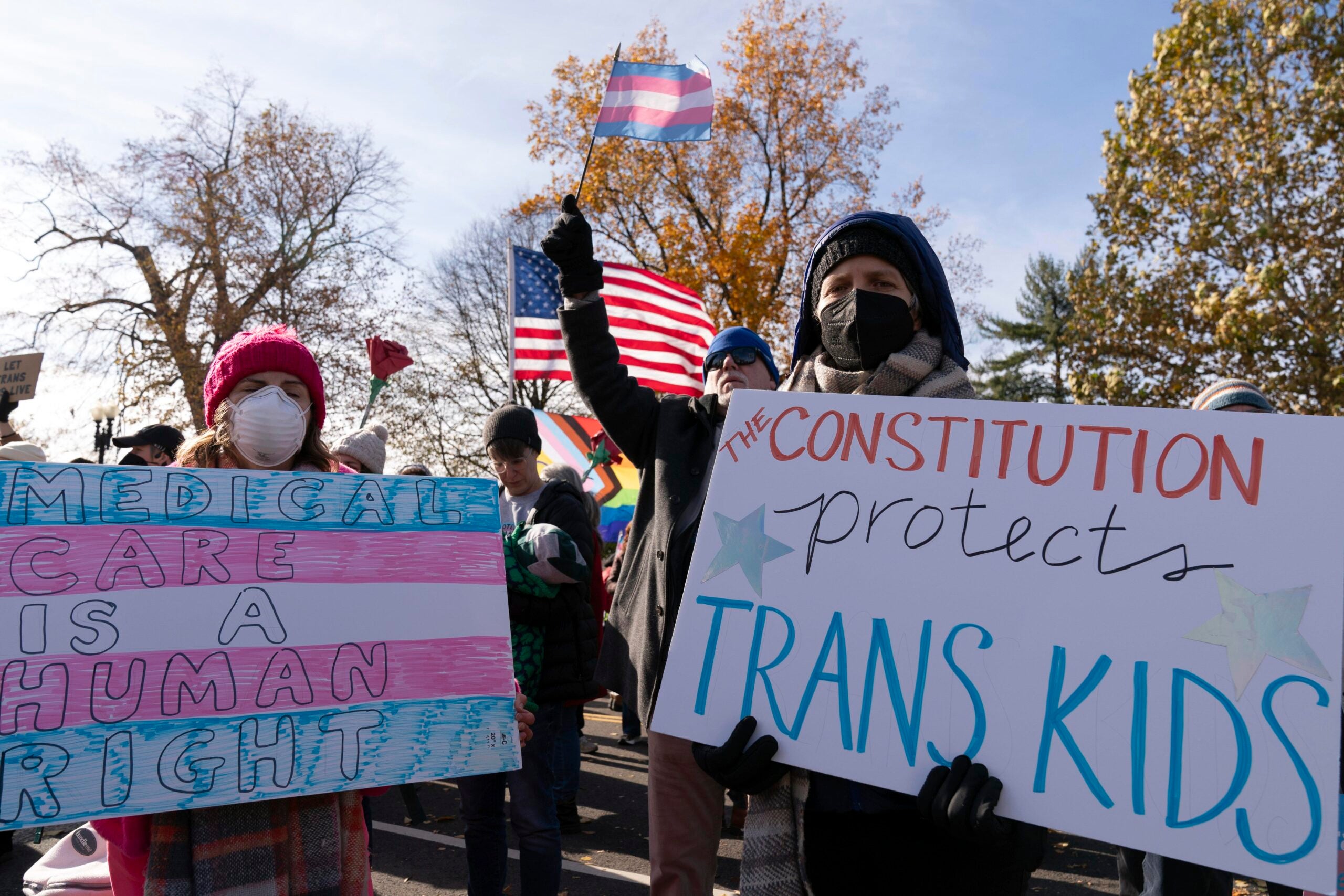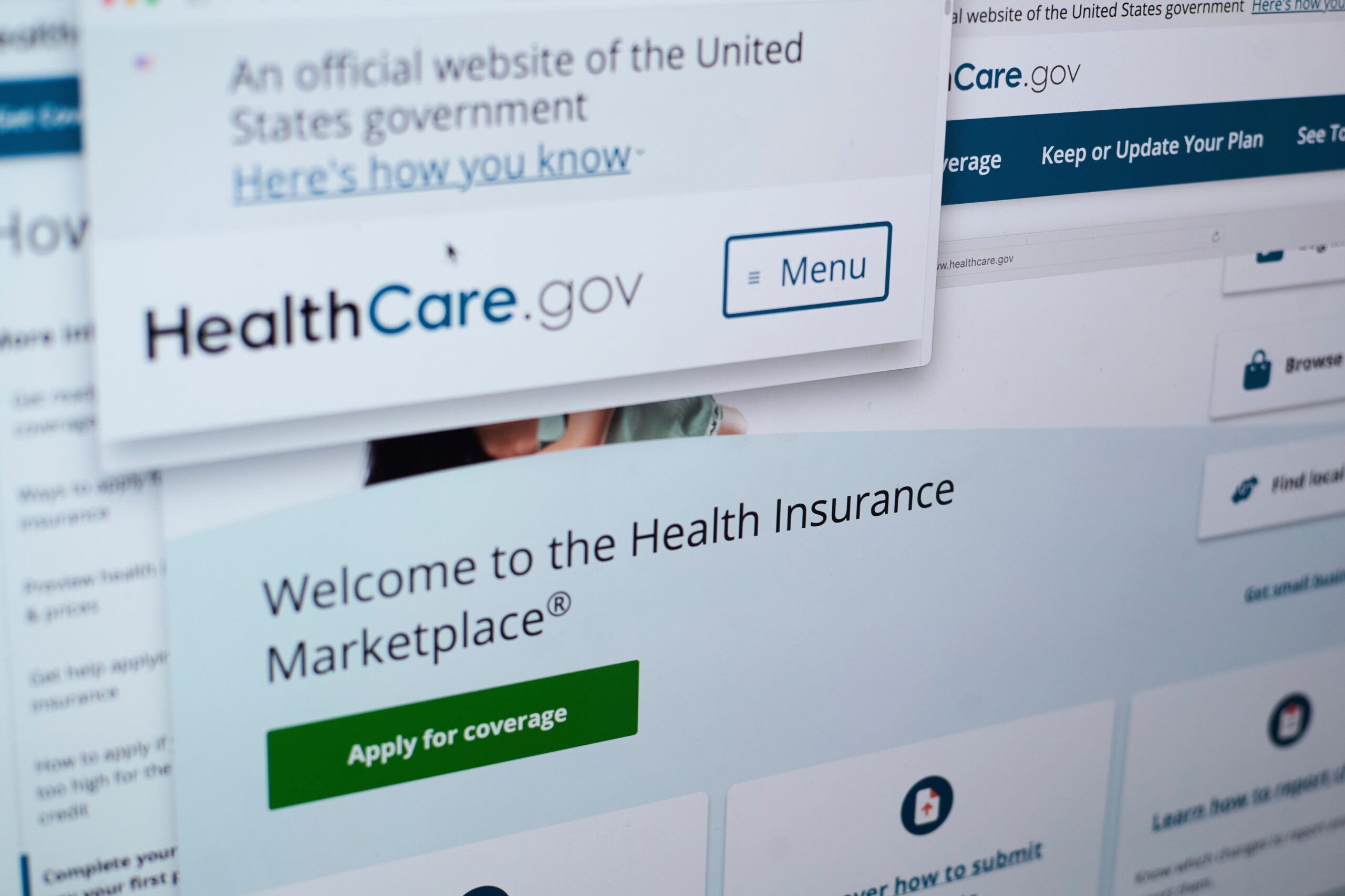Republican state lawmakers have been circulating a package of six bills designed to address child care affordability.
One proposal would allow families to create pre-tax savings accounts for up to $10,000 annually in child care expenses. Another lays out details for an interest-free revolving loan fund, which would allow child care facilities to borrow money for renovations. Lawmakers included $15 million for that fund in the state’s biennial budget, and backers say the financing option could help providers expand capacity.
Four other bills would alter licensing requirements in the following ways:
News with a little more humanity
WPR’s “Wisconsin Today” newsletter keeps you connected to the state you love without feeling overwhelmed. No paywall. No agenda. No corporate filter.
- Creating a new type of license for facilities to be known as “large family child care centers.” Family day care centers typically operate out of a provider’s home, and the change would expand capacity by creating a category for such centers that care for between four and 12 children. The large family centers would be prohibited from caring for more than eight children at a time who are 2 years old or younger — an increase compared to current rules, which allow family centers to care for no more than four children at once who are under 2 years old.
- Lowering the minimum age from 17 to 16 years old to become an assistant child care teacher or school-age group leader and lowering the minimum age from 18 to 16 years for providing sole supervision to a group of children. Sponsors say the change would alleviate Wisconsin’s shortage of qualified child care workers.
- Increasing the maximum number of children allowed per worker, as well as the maximum number of children per age in group centers. Group centers could change their ratios of workers to children to match the average teacher-pupil ratio in the local school district.
- Allowing a category of providers known as “certified child care operators” to care for as many as six children under the age of 7, regardless of whether the children are related to the provider. Under current law, those providers can care for up to six children, but no more than three who are not related to them.
State Rep. Joy Goeben, R-Hobart, is listed as author of at least five of the recently-unveiled proposals. Goeben said she used to own a family child care center, and that she has been speaking to current providers about the changing landscape in the approximately 25 years since then.
“I know that when I ran that center, there was profit.” she said. “We need to really find the underlying issues as to why there’s a struggle with this profitability. So I’m trying to look at … ‘What are barriers that are getting in the way of that?’ Because this is why we can’t afford child care.”
But Democratic state Sen. Kelda Roys of Madison warned that loosened regulations could hurt quality.
“Now, Republican politicians have unveiled their ‘grand plan’ on childcare – do nothing to attract and retain early childhood educators and deregulate childcare centers to allow more children per teacher,” Roys said in a statement.
In a news release Thursday afternoon, the Wisconsin Early Childhood Association said the state’s current staff to child ratios align with national best practices.The Association also said the proposed revolving loan fund would be more impactful as grants, instead of money needing to be repaid.
“The new bills would do little more than create a few headlines,” WECA Director Ruth Schmidt said. “It is totally unacceptable.”
Even if the bills clear Wisconsin’s Republican-controlled Legislature, they could be headed for a veto from Democratic Gov. Tony Evers.
“While it’s great to hear some legislative Republicans are finally acknowledging the child care crisis facing our state, legislation that could reduce the quality of care for our kids, fails to keep child care center doors open tomorrow, and provides no immediate help to make child care more affordable for working families simply will not cut it,” a spokesperson for the governor said in a statement.
Evers has tried unsuccessfully to get lawmakers to allocate more than $360 million in state funding to continue a pandemic-era subsidy program called Child Care Counts. Thousands of Wisconsin child care providers used money from Child Care Counts to help cover costs including wages, rent and utilities, but the initiative is petering out with federal funding set to end in early 2024.
Corrine Hendrickson, the owner of the Corrine’s Little Explorers day care in New Glarus, has advocated for the continuation of Child Care Counts. She doesn’t believe the new bills would reduce costs for families, and said the changes to staffing ratios could actually worsen employee shortages.
“People are already overworked and burnt out,” she said. “We’re not going to get an increase in pay. We’re just going to get an increase in work, and people already walking because it’s too hard.”
Wisconsin is projected to end its two-year budget cycle with a $4 billion surplus, and Evers has argued in favor of using some of that money for Child Care Counts. But Goeben and other Republicans say such an allocation wouldn’t be sustainable.
“I keep hearing, ‘Well, we have this big surplus,’” Goeben said. “That is a one-time surplus, and we’re talking about creating a program that would be ongoing.”
“I think that’s something that’s going to cost a lot of people a lot of money, which is why I’m trying to work from the other side and find solutions, real solutions,” she added.
Assembly Speaker Robin Vos, R-Rochester, said in a statement that Wisconsin families are “dealing with inflationary hardships, including childcare. Parents deserve to keep more of their hard-earned money, and make choices that best suit their children’s needs.”
Republican sponsors set a deadline of 5 p.m. Thursday for co-sponsors to sign on to the legislation, which will next be headed for a public hearing.
Wisconsin Public Radio, © Copyright 2025, Board of Regents of the University of Wisconsin System and Wisconsin Educational Communications Board.







